Frequently Asked Questions About Bulk Bags: Everything You Need to Know
If you’ve ever come across the term “bulk bags” and wondered what they are, how they’re used, or why they’re so popular in various industries, you’re not alone. Bulk bags, also known as FIBCs (Flexible Intermediate Bulk Containers), are an incredibly versatile and cost-effective solution for transporting and storing a wide range of materials. In this article, we’ll answer some of the most common questions about bulk bags to help you better understand their purpose and benefits.
If you’ve ever come across the term “bulk bags” and wondered what they are, how they’re used, or why they’re so popular in various industries, you’re not alone. Bulk bags, also known as FIBCs (Flexible Intermediate Bulk Containers), are an incredibly versatile and cost-effective solution for transporting and storing a wide range of materials. In this article, we’ll answer some of the most common questions about bulk bags to help you better understand their purpose and benefits.
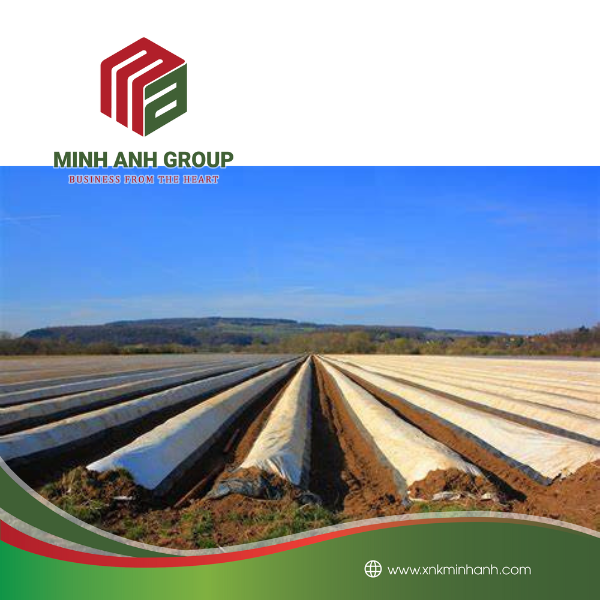
What Are Bulk Bags?
Bulk bags are large, flexible containers made from woven polypropylene fabric. They are designed to hold and transport bulk quantities of dry materials such as grains, sand, chemicals, or construction debris. These bags can typically hold anywhere from 500 to 4,000 pounds of material, making them a go-to choice for industries that deal with high-volume goods.
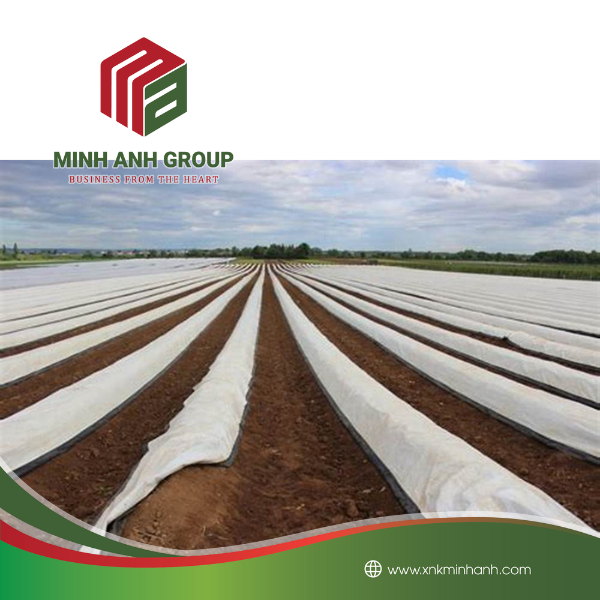
What Industries Use Bulk Bags?
Bulk bags are used across a wide range of industries due to their versatility and durability. Some of the most common sectors include:
– Agriculture: For storing and transporting grains, seeds, and fertilizers.
– Construction: For handling sand, gravel, cement, and other building materials.
– Food Processing: For bulk storage of sugar, flour, salt, and other ingredients.
– Chemical Industry: For transporting powdered chemicals or granulated products.
– Waste Management: For collecting and disposing of construction debris or recyclable materials.
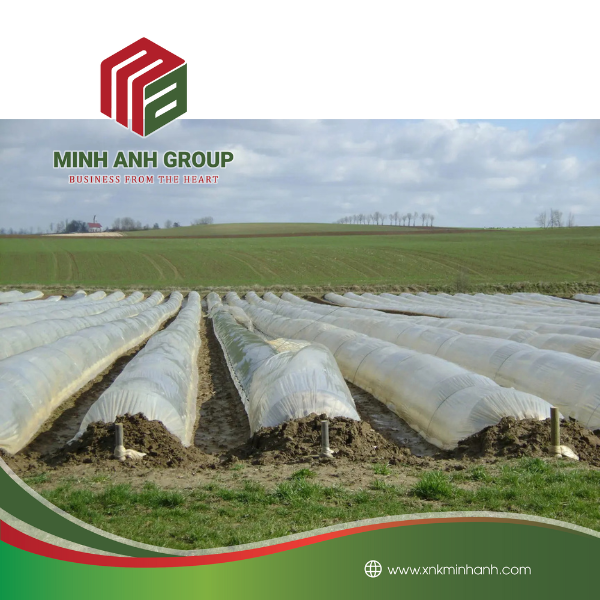
Essentially, if a business needs to move or store large quantities of dry goods, bulk bags are often the solution.
What Are the Benefits of Using Bulk Bags?
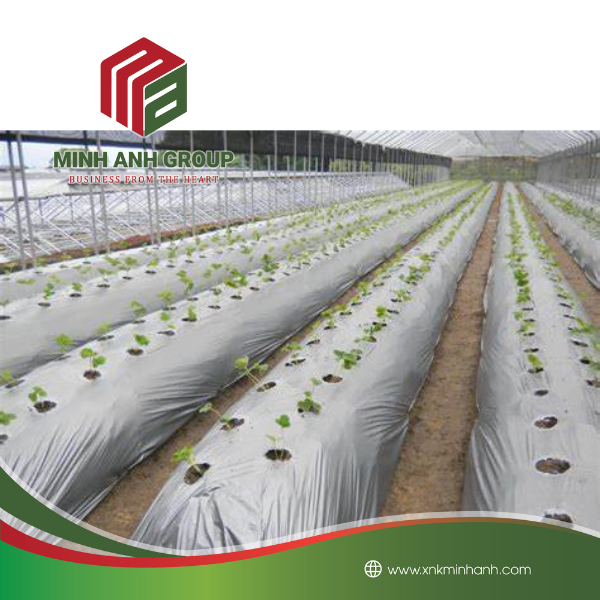
There’s a reason bulk bags are so popular—they offer a host of advantages:
1. Cost-Effective: Bulk bags are lightweight yet durable, reducing shipping costs compared to rigid containers.
2. Space-Saving: When empty, these bags can be folded flat for easy storage.
3. Customizable: They come in various sizes, designs, and load capacities to suit specific needs.
4. Eco-Friendly: Many bulk bags are reusable and recyclable, making them an environmentally conscious choice.
5. Ease of Handling: Equipped with lifting loops, bulk bags can be easily transported by forklifts or cranes.
6. Safe Storage: The woven material is breathable yet strong, providing protection for the contents while preventing contamination.
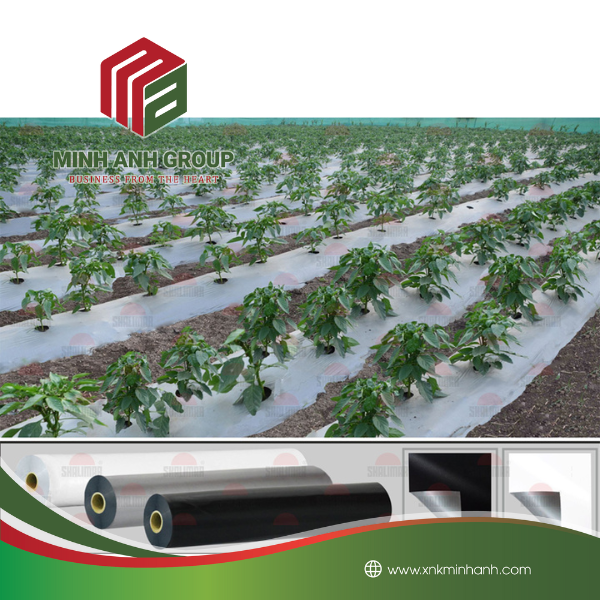
Are Bulk Bags Reusable?
Yes! One of the great features of bulk bags is their reusability—provided they are handled properly and meet certain conditions. Reusable bulk bags are typically made with higher-quality materials and designed for multiple trips. However, it’s crucial to inspect them for wear and tear before each use to ensure safety. Always follow the manufacturer’s guidelines regarding reuse.
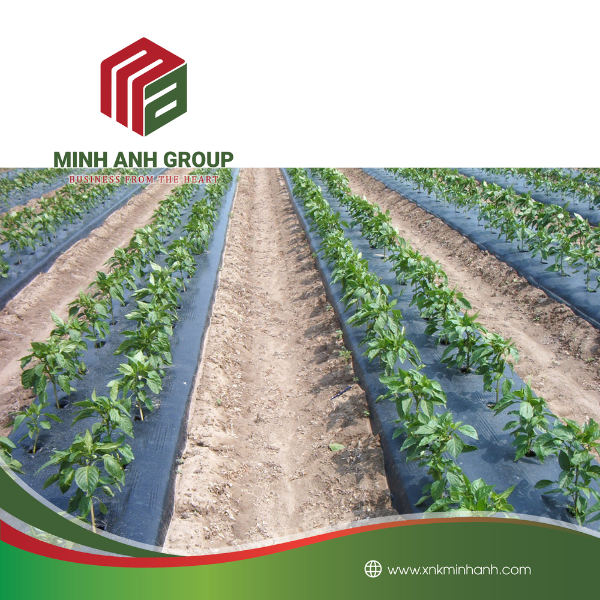
Can Bulk Bags Be Customized?
Absolutely! Bulk bags can be tailored to meet specific requirements. Some customization options include:
– Size and Shape: Choose dimensions that suit your storage or transport needs.
– Liners: Add inner liners for extra protection against moisture or contamination.
– Discharge Spouts: Include bottom spouts for easy unloading of materials.
– Printing: Add your company’s logo or product details for branding purposes.
– UV Protection: Opt for UV-treated fabric if the bags will be exposed to sunlight for extended periods.
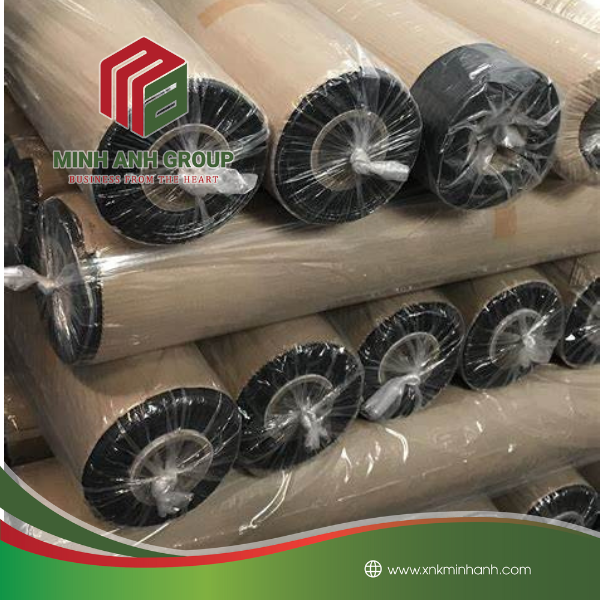
Customization ensures that your bulk bags are perfectly suited to your application.
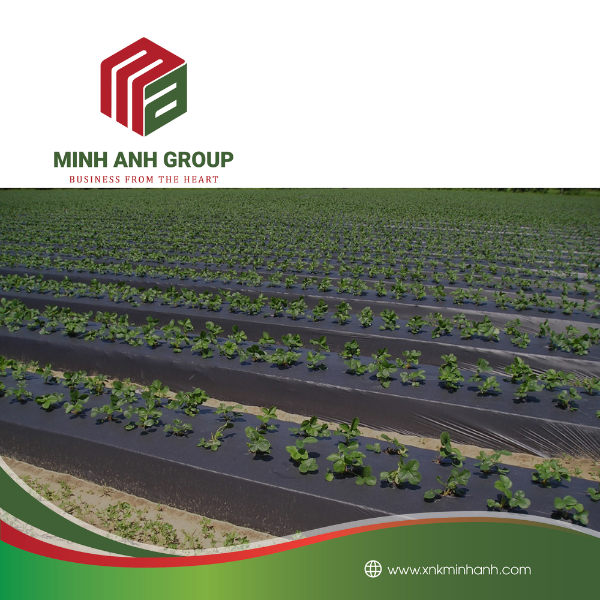
How Are Bulk Bags Filled and Emptied?
Filling and emptying bulk bags is a straightforward process. Most bags are equipped with features to make these tasks efficient:
– Filling: Bulk bags often have a top spout or duffle opening for easy loading. Materials can be poured in directly from a hopper or conveyor system.
– Emptying: Many bulk bags include a discharge spout at the bottom. To release the contents, simply untie the spout and control the flow as needed.
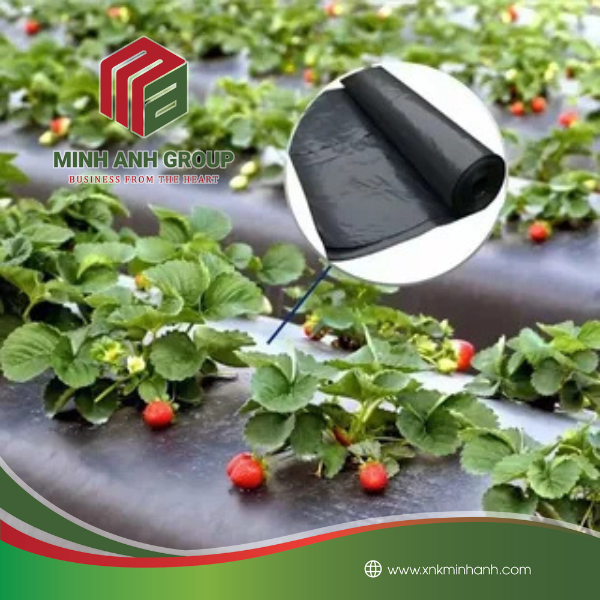
For larger-scale operations, automated filling and unloading systems can further streamline the process.
Are Bulk Bags Safe?
When used correctly, bulk bags are extremely safe. They are designed to handle heavy loads and are rigorously tested to ensure they meet safety standards. To maximize safety:
1. Always adhere to the bag’s weight capacity (SWL – Safe Working Load).
2. Use proper lifting equipment like forklifts or cranes with well-maintained hooks.
3. Avoid dragging or dropping the bag to prevent damage.
4. Inspect the bag for any signs of wear before use.
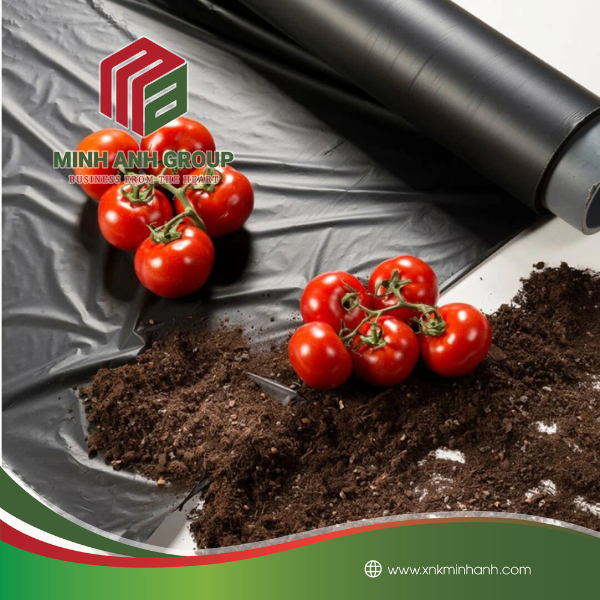
By following these guidelines, you can ensure safe handling and transportation.
Are Bulk Bags Environmentally Friendly?
Yes, many bulk bags are eco-friendly! They are made from polypropylene, which is recyclable. Additionally, reusable bulk bags help reduce waste by allowing multiple uses before disposal. When they’ve reached the end of their lifecycle, they can often be recycled into new products like plastic furniture or construction materials.
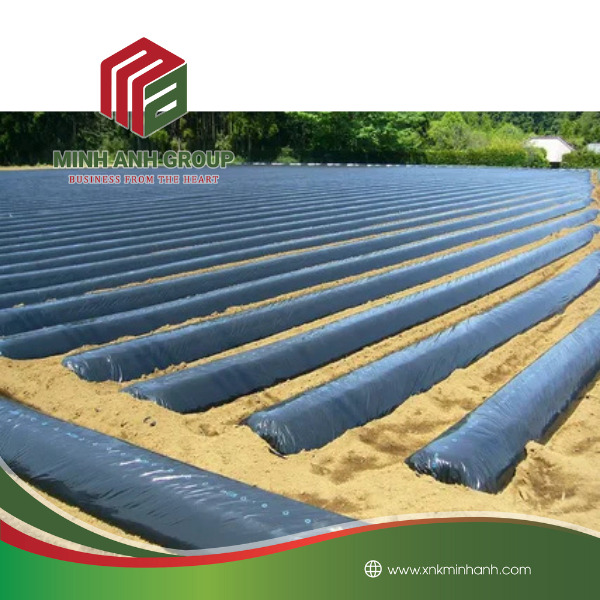
For businesses looking to reduce their environmental impact, opting for reusable or recyclable bulk bags is a smart choice.
How Do I Choose the Right Bulk Bag?
Selecting the right bulk bag depends on your specific needs. Here are some factors to consider:
– Material Type: What kind of material will you be storing or transporting? Fine powders may require a bag with an inner liner to prevent leakage.
– Weight Capacity: Determine the maximum weight you’ll need the bag to hold.
– Handling Requirements: Will you need lifting loops, discharge spouts, or other special features?
– Environmental Conditions: If the bag will be exposed to sunlight or moisture, UV-treated fabric or liners may be necessary.
Consulting with a bulk bag supplier can help you identify the best options for your application.
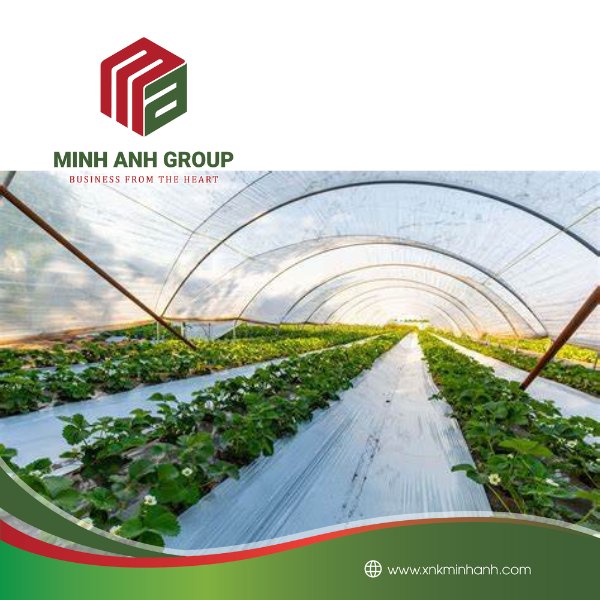
Bulk bags are an essential tool for industries that deal with large quantities of dry goods. Their versatility, cost-effectiveness, and eco-friendliness make them a preferred choice for businesses worldwide. Whether you’re in agriculture, construction, or manufacturing, there’s likely a bulk bag solution tailored to your needs.
We hope this FAQ has answered your questions about bulk bags! If you’re ready to explore how they can benefit your business, don’t hesitate to reach out to a trusted supplier for more information.
Hãy là người đầu tiên nhận xét “Frequently Asked Questions About Bulk Bags: Everything You Need to Know” Hủy
Sản phẩm tương tự
Tin Tức Bao Bì
Tin Tức Bao Bì
Tin Tức Bao Bì
Tin Tức Bao Bì
Tin Tức Bao Bì


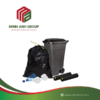











Đánh giá
Chưa có đánh giá nào.